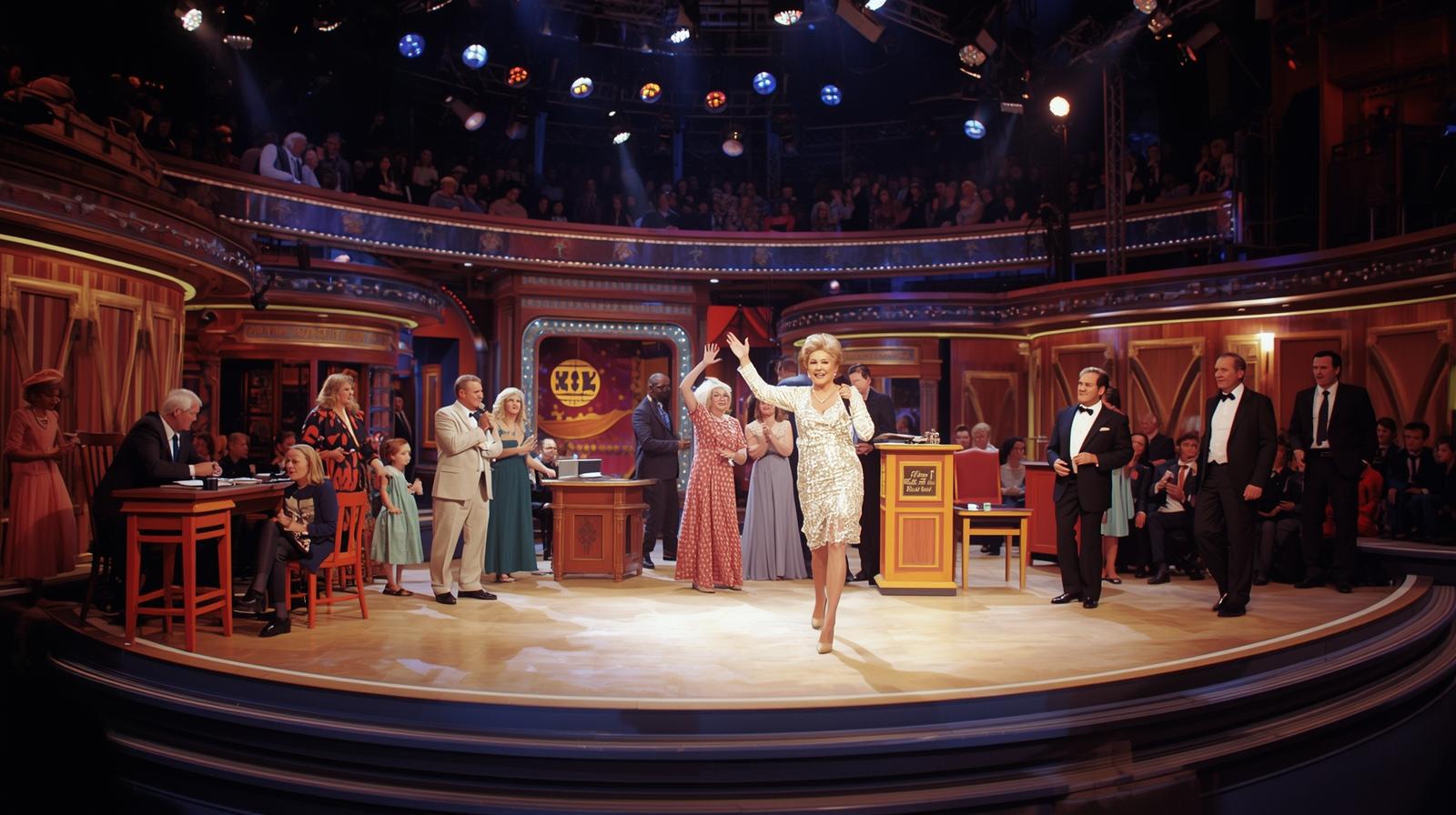
The Enduring Impact of Carol Burnett
When I was a kid, Carol Burnett would turn to the camera and take questions from the audience. Somehow, even through a screen, she made it feel like she was talking directly to me. It’s amazing how Carol engaged so personally. I wasn’t in the studio. I didn’t understand most of the jokes. But I felt like I mattered. Like I belonged in the room. That’s the kind of magic you can’t fake.
Carol Burnett didn’t just find success in television—she changed what success looked like. In an era when variety shows were hosted by slick men in tuxedos, she showed up in a curtain-rod dress. Carol reinvented history, not by imitating the format but by reimagining it, infusing every sketch with heart, absurdity, and an unshakable sense of humanity.
She wasn’t considered conventionally attractive, and she was aware of it. Instead of letting it be a hindrance in an appearance-obsessed world, she joked about it, made it part of her material. But once she stepped on stage, none of that mattered. Carol radiated something much rarer than glamour: joy. Her smile could shift the mood of a room. Her laugh, unfiltered and unafraid, was an invitation. And when she cracked up mid-sketch—as she often did—we cracked up with her, drawn in by her complete lack of ego.
Burnett didn’t just open doors for women in comedy, she kicked them open and held them wide. She wasn’t the lone female cast member or the punchline. She was the headliner, the boss, the reason we tuned in. Her range was staggering—one night she might play a silver screen siren, the next, a sad sack janitor in orthopedic shoes. She proved that women could be anything on stage, and everything behind it.
And then there was the Q&A.
Each episode, she faced her audience with nothing but a mic and a willingness to listen. No script. No teleprompter. Just curiosity and warmth. It sounds simple, but it was radical. She didn’t perform for her audience. She spoke with them. The boundary between stage and seats disappeared. She made us feel like we were part of the show, a unique gift that only Carol Burnett could provide.
Carol Burnett never needed a scandal to stay in the headlines. She didn’t burn out, she just kept showing up and being excellent. Her consistent presence inspired generations of comedians. Tina Fey, Amy Poehler, Maya Rudolph, Kristen Wiig—they all walk a trail Carol blazed, not with arrogance or bravado, but with grace and grit.
Today’s media landscape is noisy, cynical, desperate for attention. But Carol Burnett still feels relevant because authenticity never goes out of style. She didn’t demand our focus—she earned it. And in doing so, she reminded us that being human, being funny, and being good are not mutually exclusive.
She made us laugh. Carol truly made us feel seen. And somehow, even now, it still feels like she’s reaching through the screen to give us one last wink and wave.
Carol Burnett’s genius wasn’t just her timing or the way she held an audience in the palm of her hand — it was her ability to make every sketch feel like a celebration of creativity itself. You didn’t just laugh at the jokes; you laughed because you felt invited into the room. Such warmth from Carol is rare in entertainment today, which might be why so many of us return to her work for comfort as much as comedy.
And if there’s one thing Burnett reminds us, it’s that great performers leave fingerprints everywhere — on our taste, our humour, even the way we experience music and storytelling. It’s the same pull that fuels side projects like Underplayed, where I dig into the overlooked, the underappreciated, and the quietly brilliant corners of culture. Strangely, Carol Burnett would probably get that instinct — to shine a light on the things that deserve more love.
Yes, in our hearts, Carol. We’re so glad we had this time together.

Leave a Reply